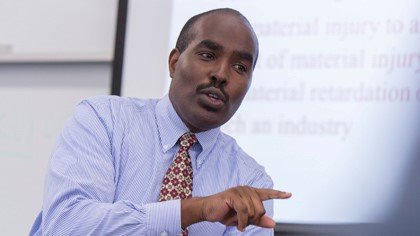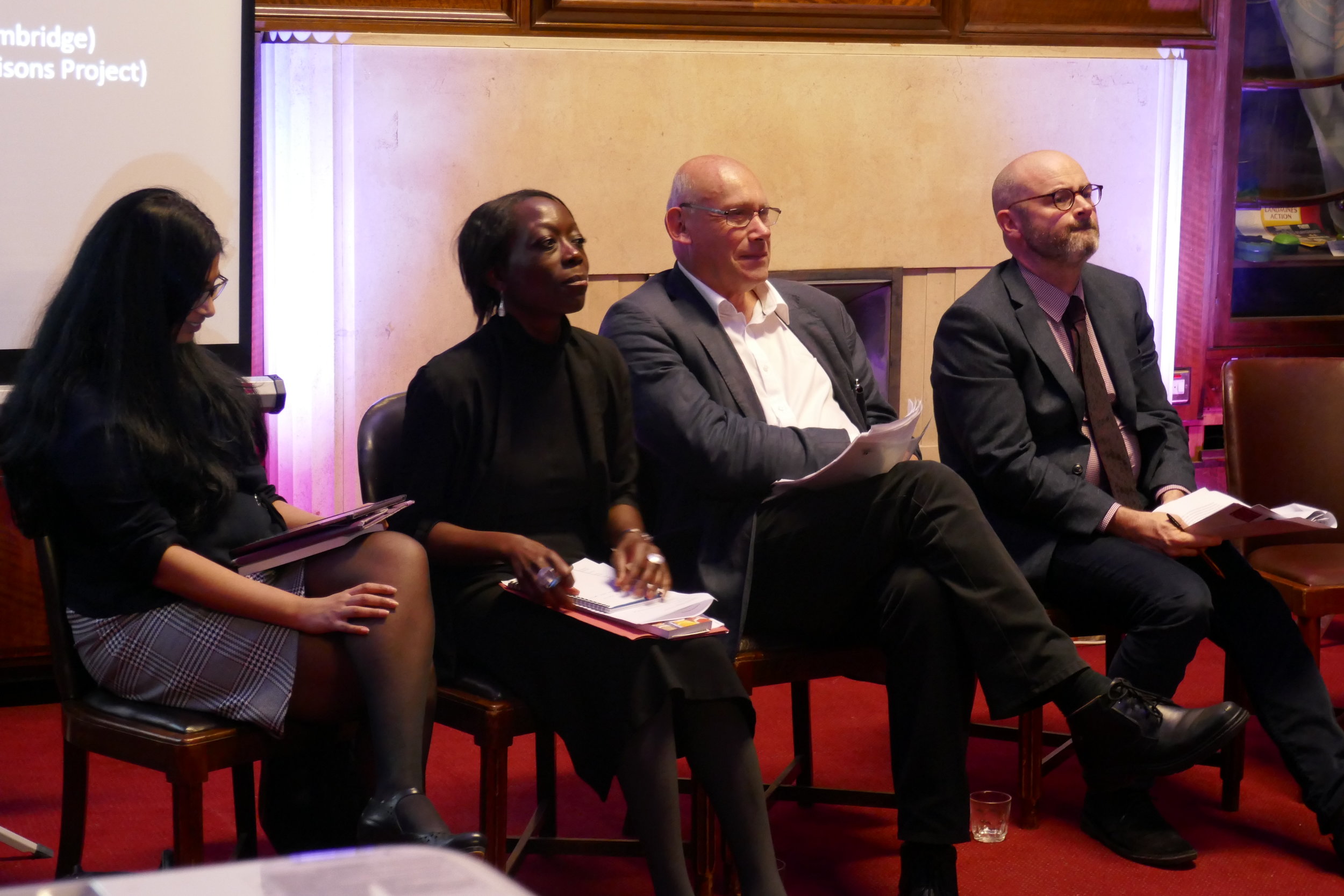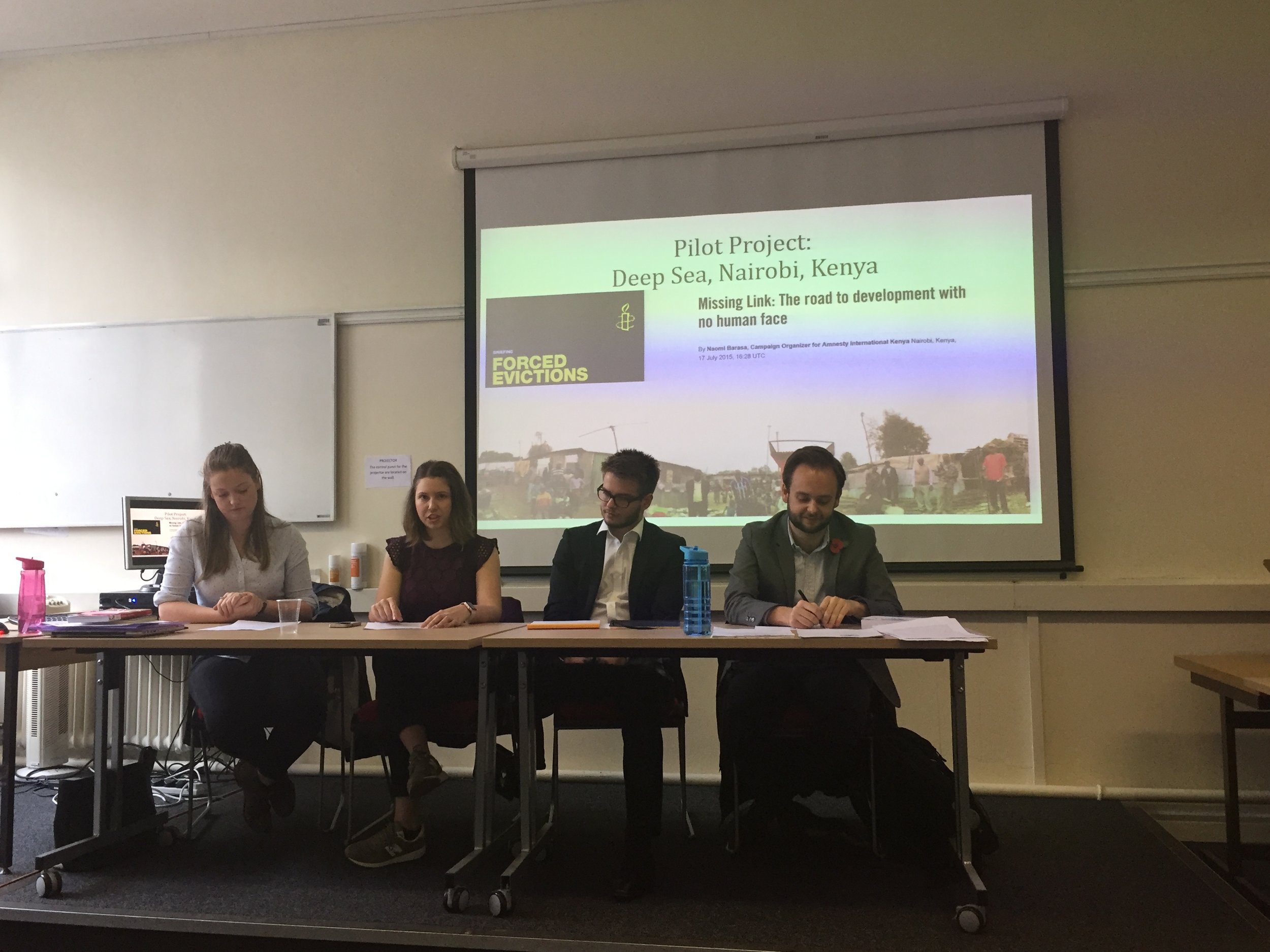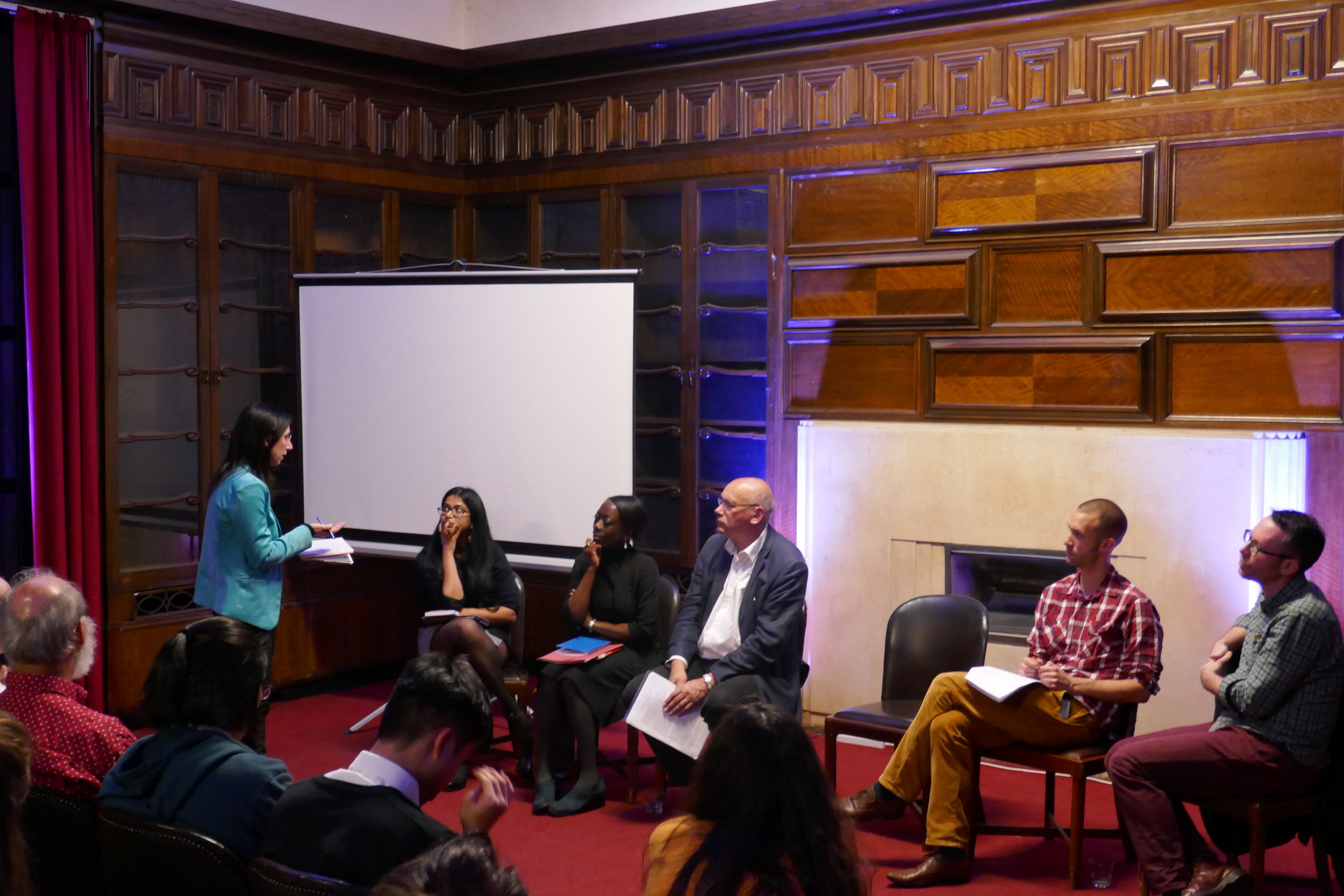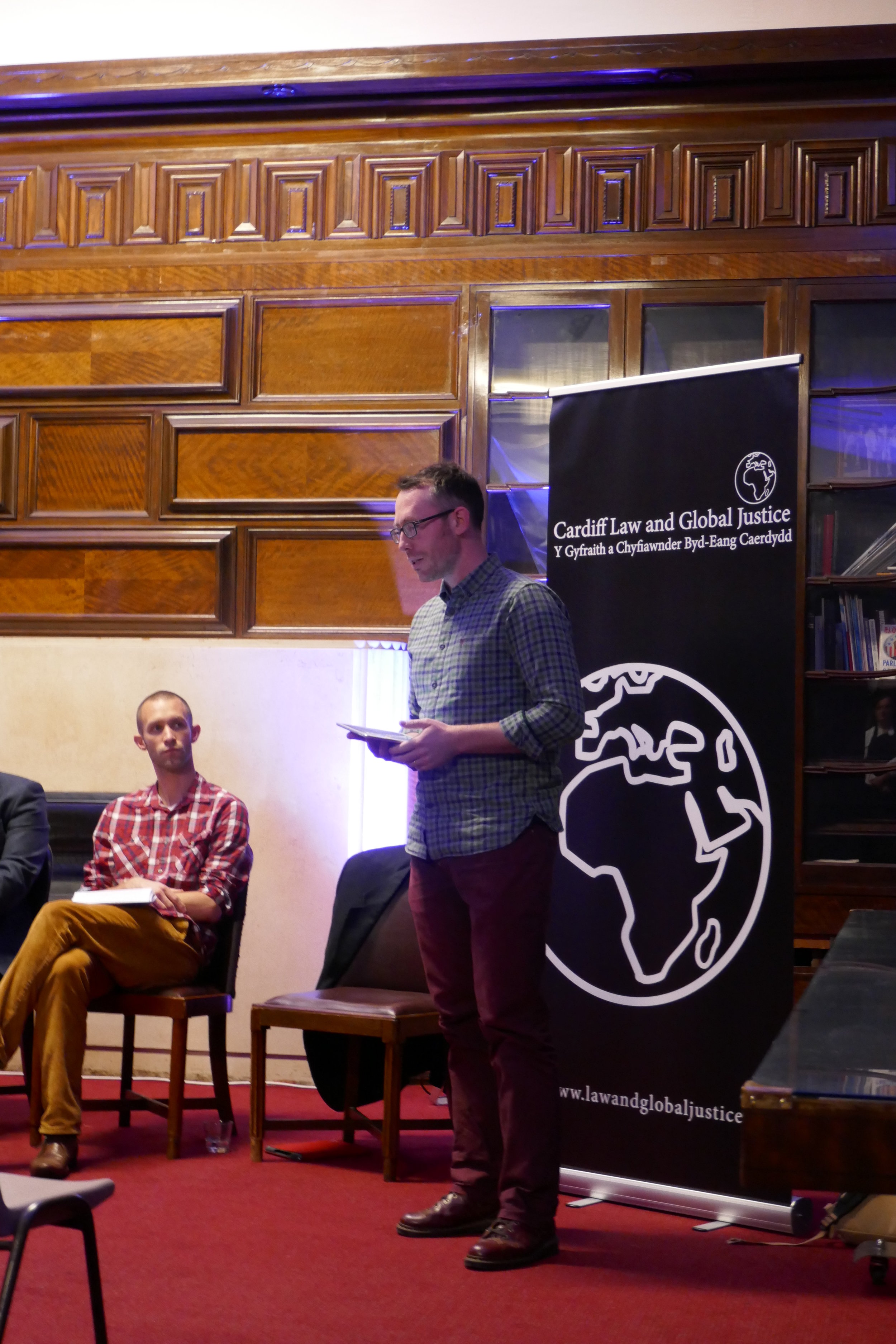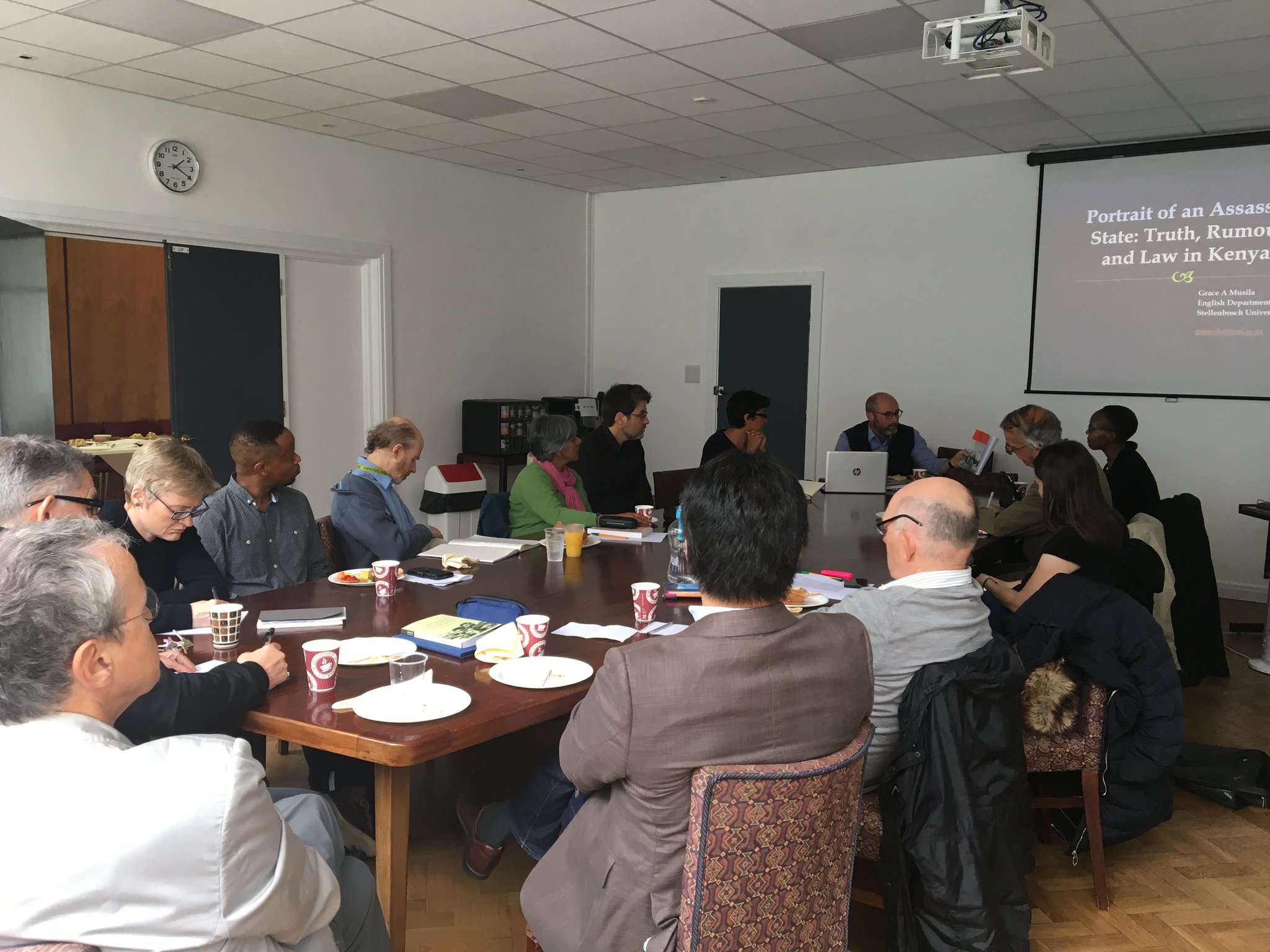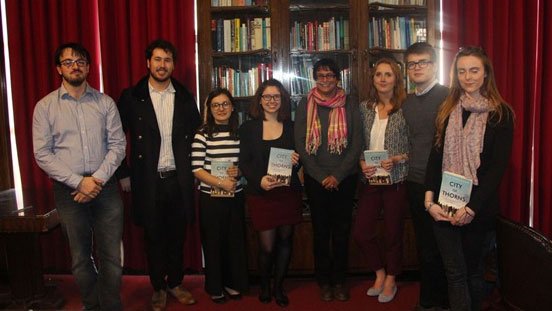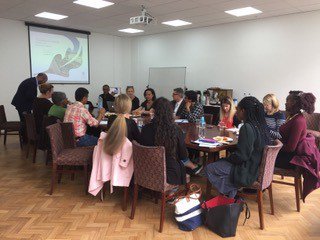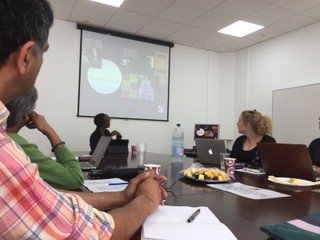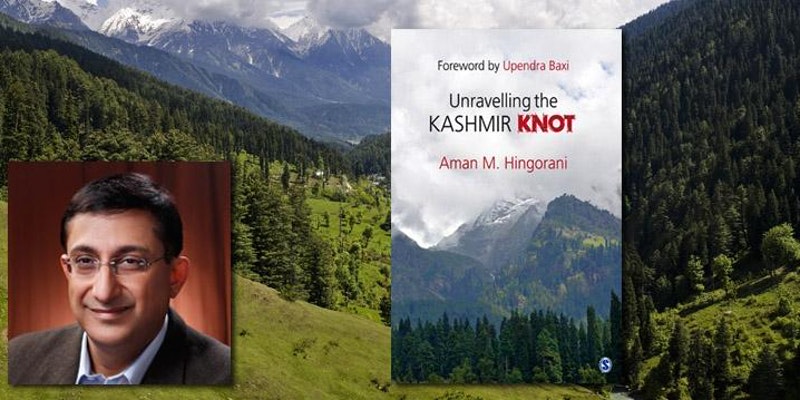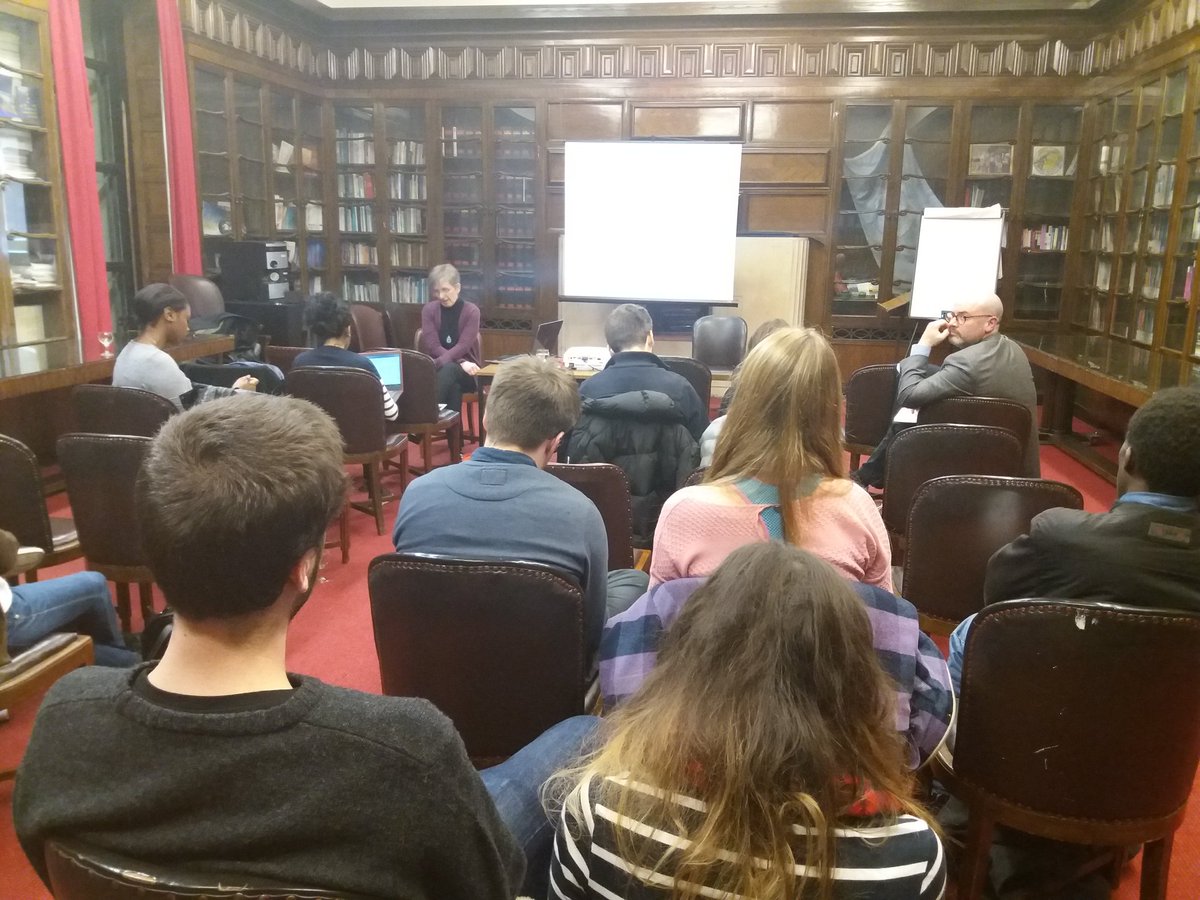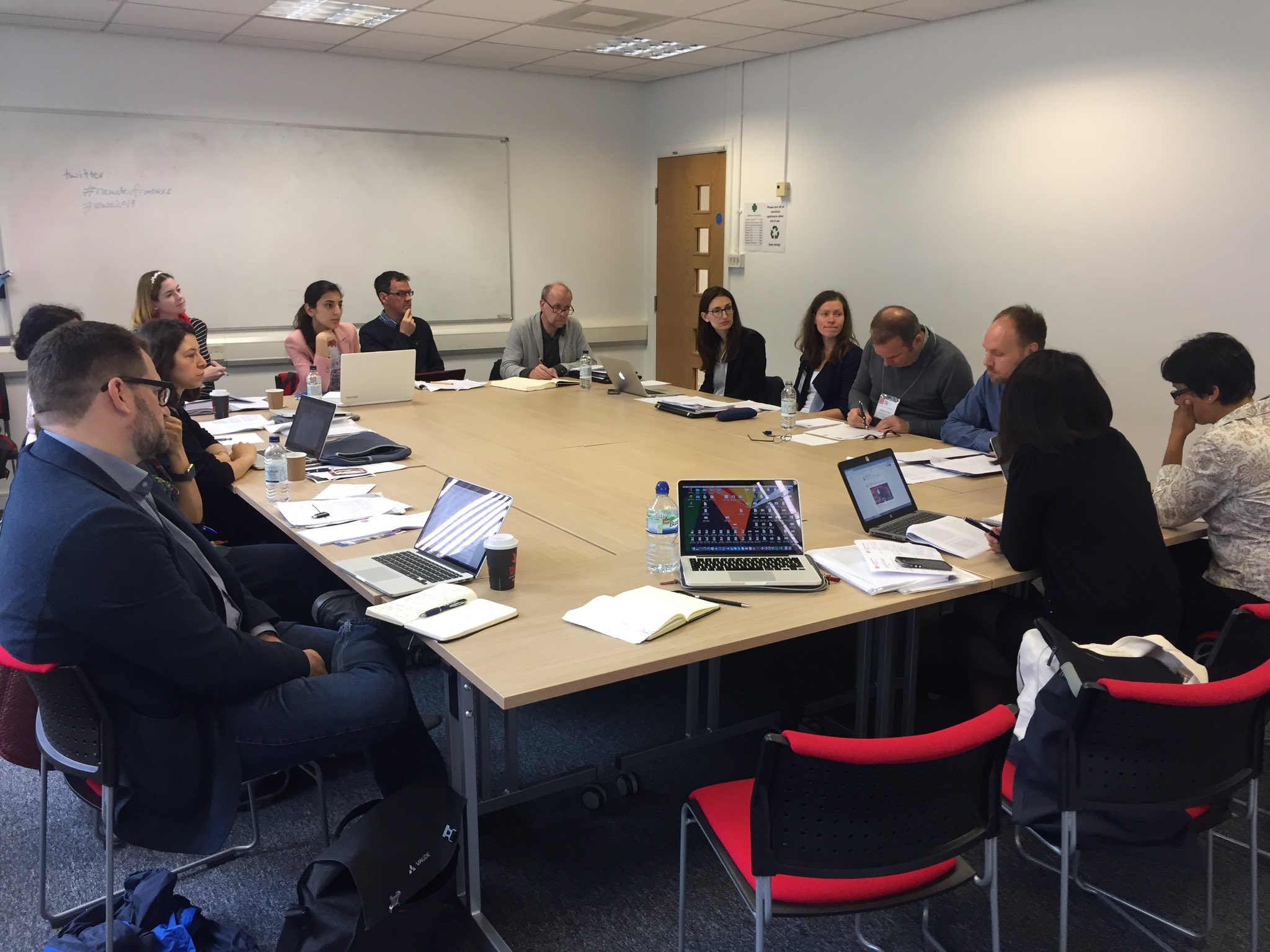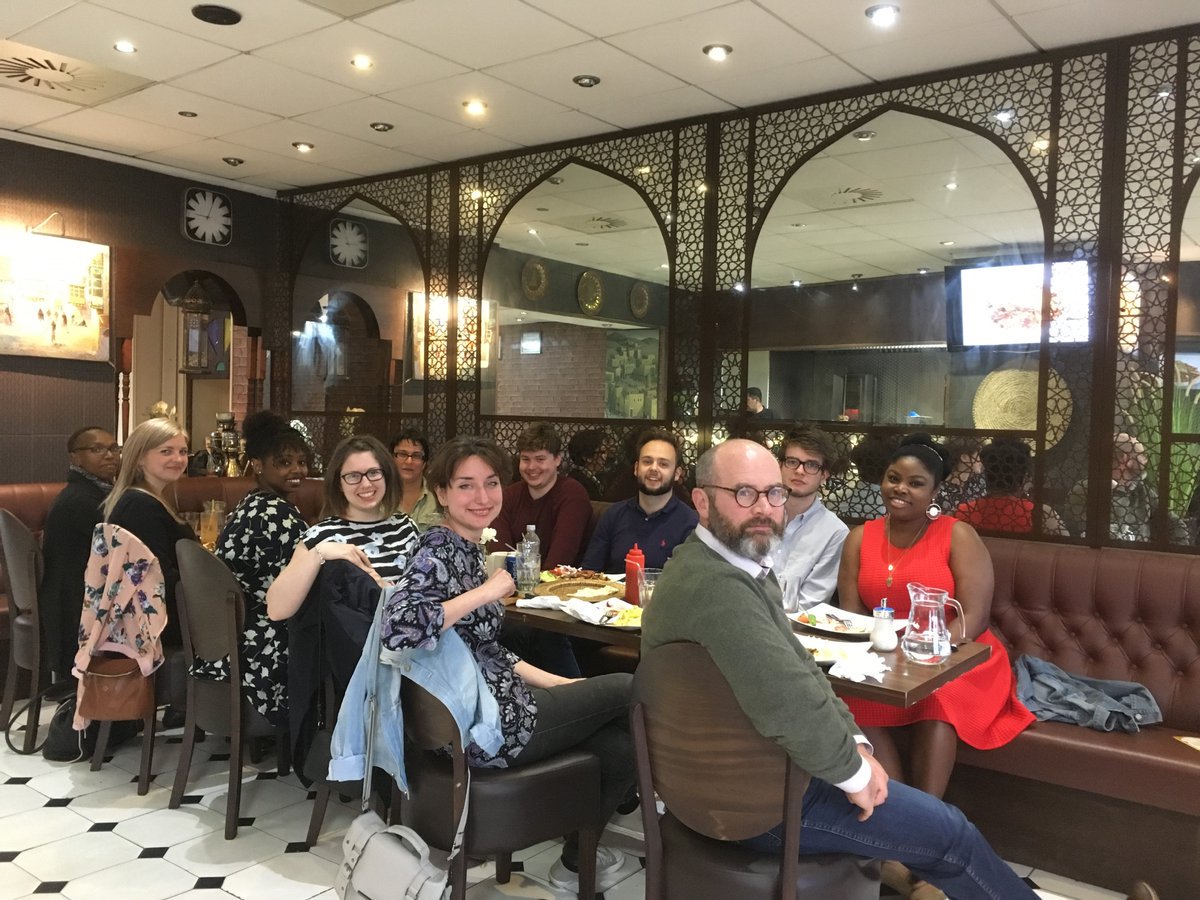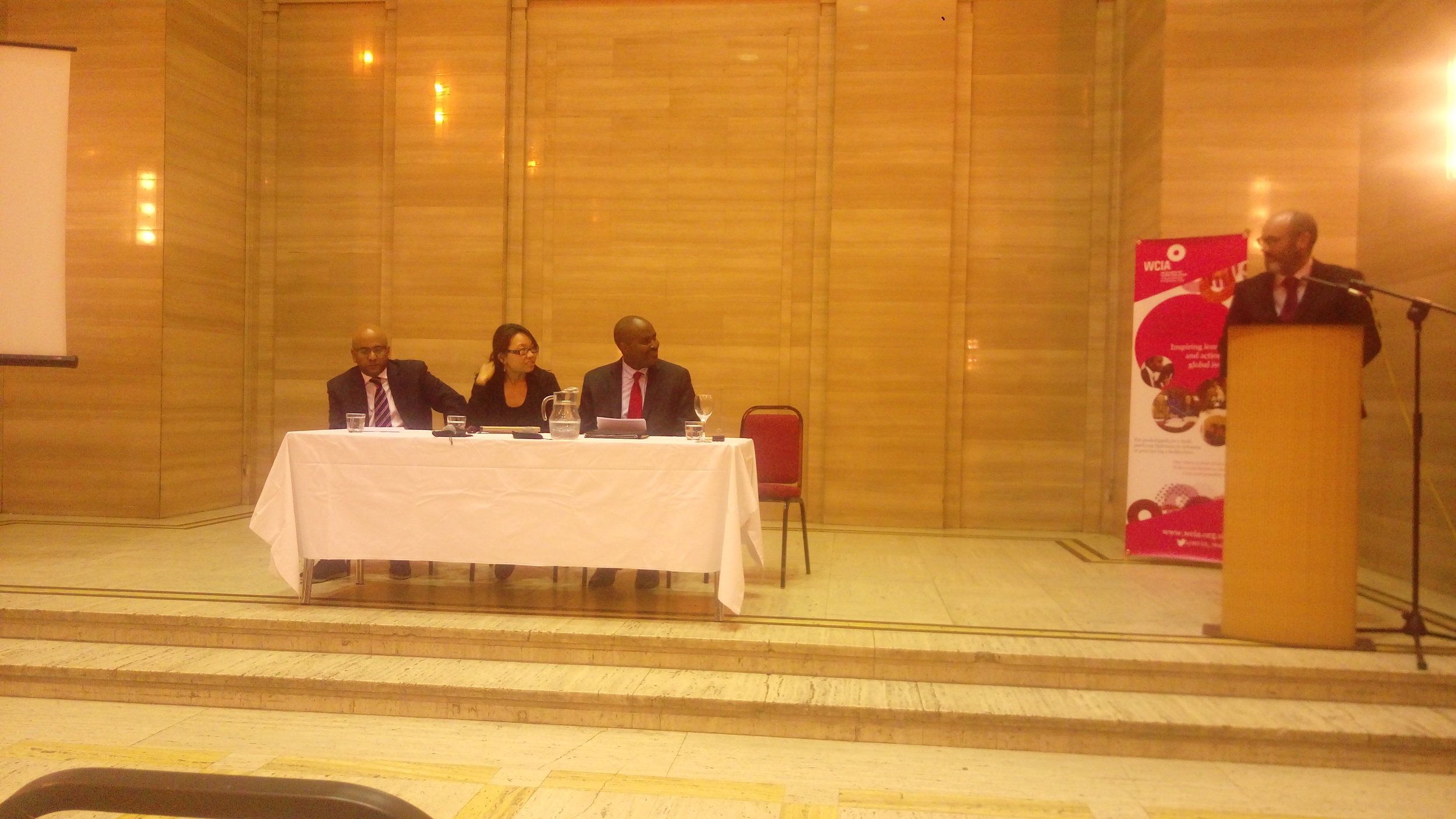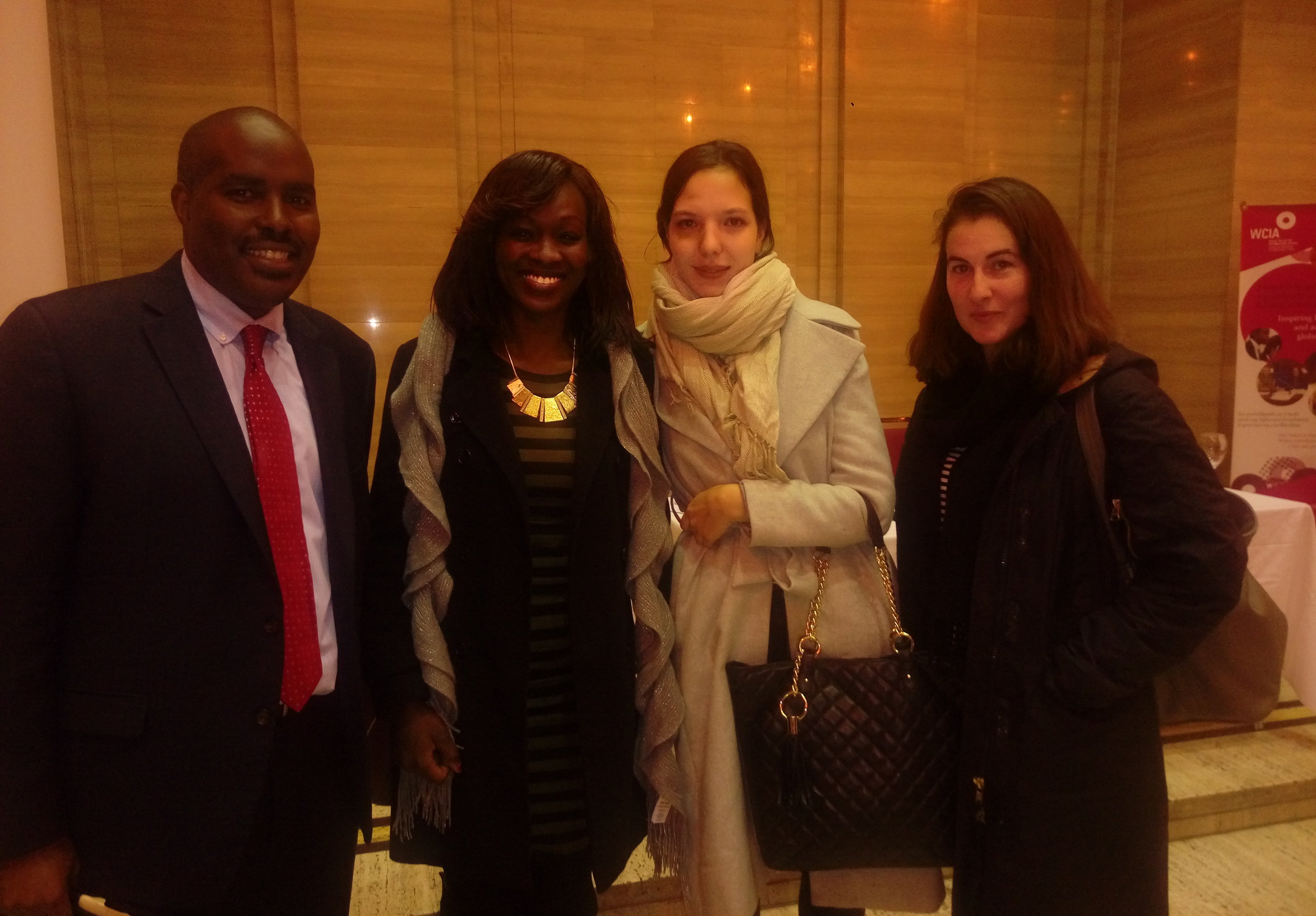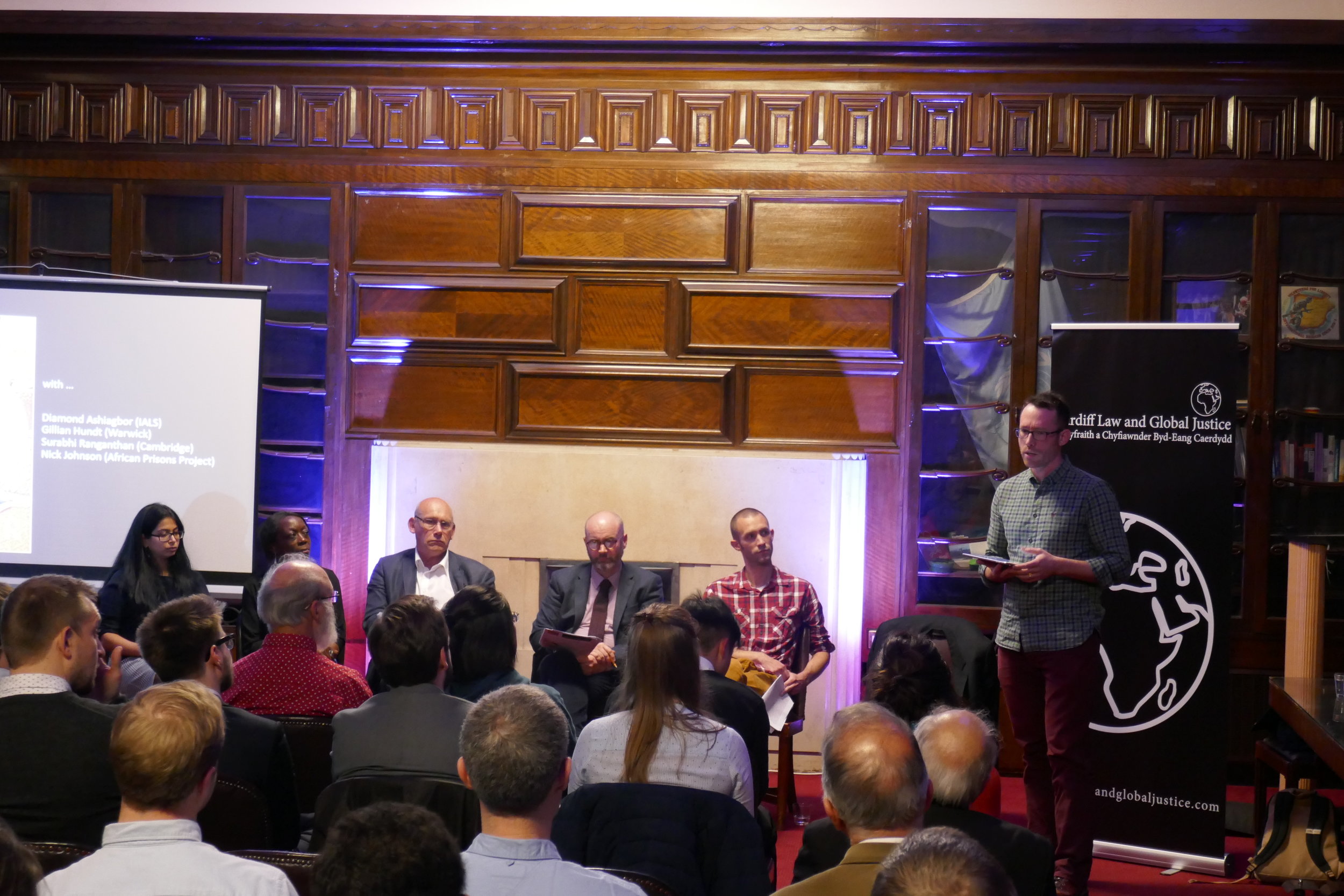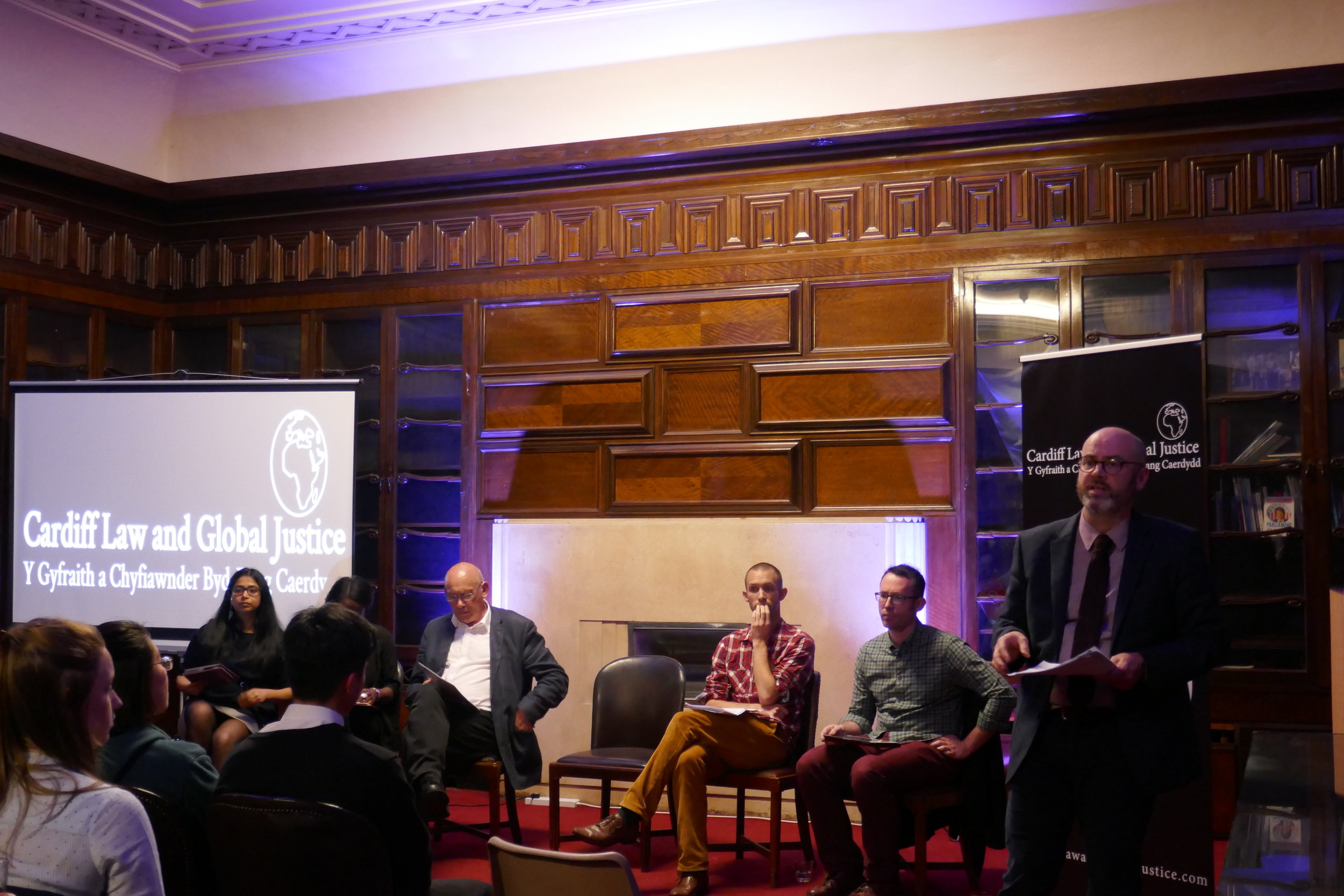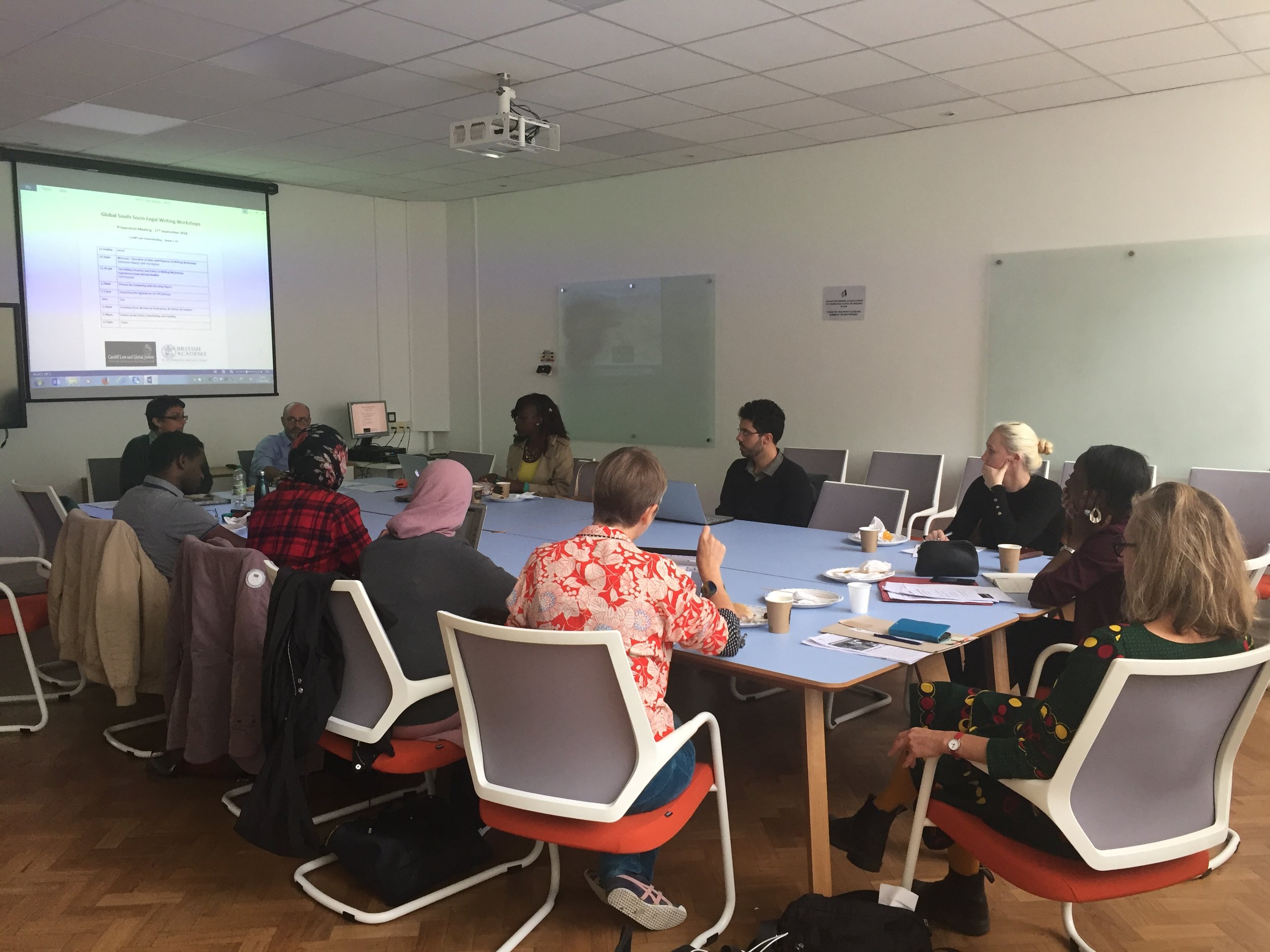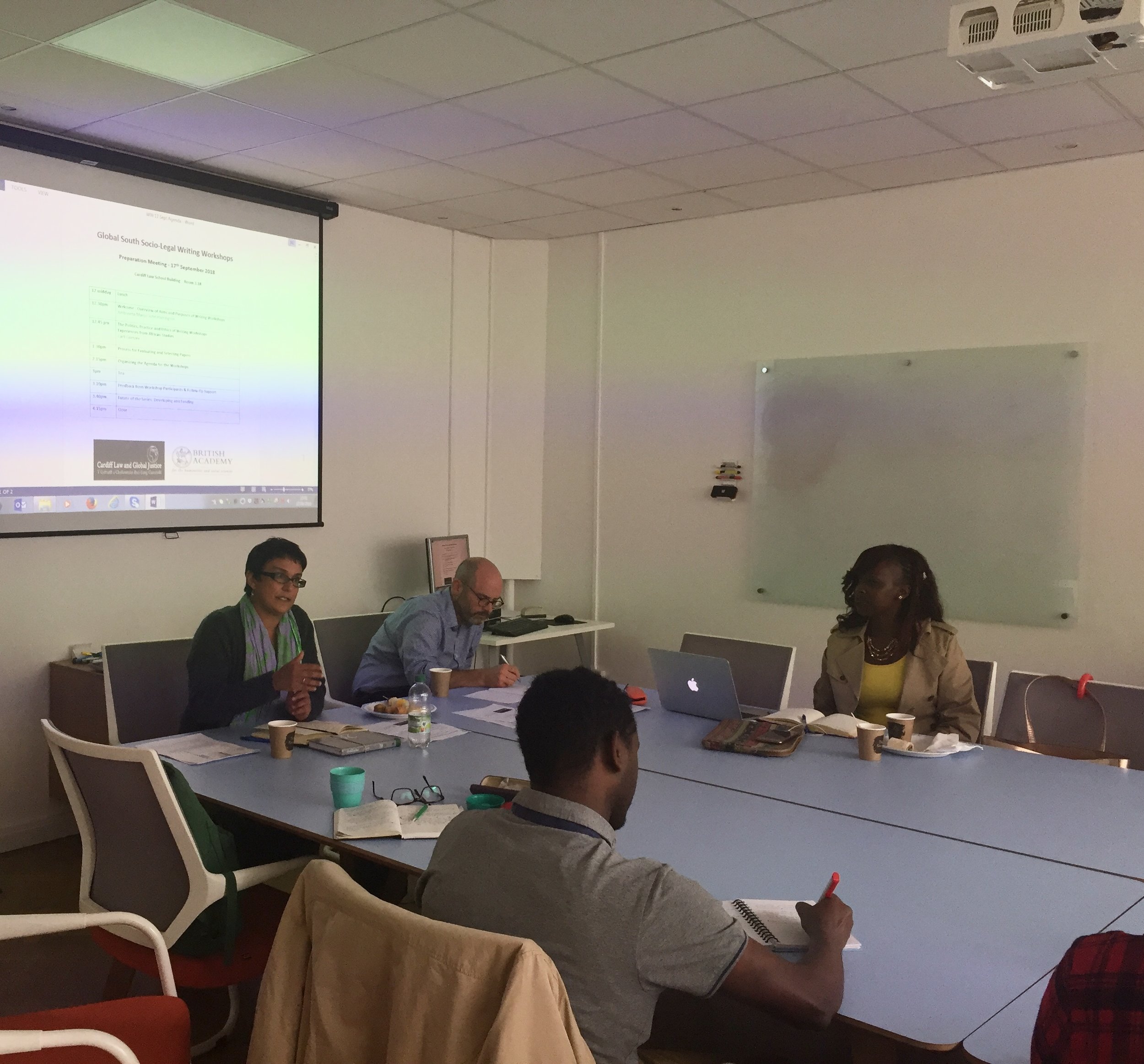Natalie Mkrtchyan, Gillian Hundt, Mulugeta Sisay, Lyla Latif, John Harrington
Cardiff Law and Global Justice was delighted to contribute to the Third International Symposium of the Learned Society of Wales on ‘Ethics of Sustainable Prosperity for All’ held at the Magdalene College in Cambridge from the 11th to the 13th of September 2018. Organized in collaboration with the British Academy and under the guidance of Dr Rowan Williams, former Archbishop of Canterbury, this was an engaging, rich and intellectually stimulating forum to deliberate and discuss the global significance of Wales’s Well Being of Future Generations Act, 2015. Participants from England, Ethiopia, Kenya, Russia, South Africa, Sweden, Australia, USA, Wales, WWF, and the World Bank contributed to discussions relating to sustainable development with the aim of practically informing the implementation of this highly innovative Act.
The workshop organizing committee included Professor John Harrington of Cardiff Law and Global Justice. Professor Gillian Hundt, who is a member of our advisory board, addressed the conference on effective participation, as did Dr Huw Williams of the Centre. Panel presentations considered how sustainable development was to be planned for within health, education, security, environment and innovation. Discussions centered on the role of the state in ensuring ethics, justice and equality towards progress in sustainable development in Wales and around the world. Sophie Howe, the First Future Generations Commissioner for Wales presented an overview of the impressive work her office is undertaking to ensure the application of the Seven Well Being Goals, which are stated in the Act, by all public bodies in Wales. The Act also outlines an excellent practical step by step approach to implementing the Sustainable Development Goals and presents an exciting framework for the future of Wales and the world.
Beyond the engaging presentations and stimulating discussions, participants enjoyed and benefited from the informal conversations, networking opportunities and powerful keynote speeches. Cardiff Law and Global Justice student members, Lyla Latif, Mulugeta Sisay and Natalie Mkrtchyan addressed the closing session of the symposium drawing on their experiences in their home countries (Kenya, Ethiopia and Armenia) and their insights as globally conscious lawyers. Below are some of their reflections from the workshop.
‘This is Sophie Howe (right) - the First Future Generations Commissioner for Wales appointed under the Well Being of Future Generations (Wales) Act, 2015 - It was a privilege to discuss with her how to better enforce the Act and streamline accountability procedures. We also discussed how Kenya can benefit from drawing lessons from the Welsh Act in taking Article 10 of the Constitution on sustainable development a step further. Importantly, on aspects of governance I made mention of how the Council of Governors established by the Kenyan government to streamline policy planning and law making across the 47 devolved counties in Kenya could provide a good example for Wales in setting up a similar body at the national level to engage the local authorities in a systematic and uniform manner in implementing the Act holistically across Wales.’ Lyla Latif
‘It was an honour and privileged to attend the high level discussion on theoretical and implementation challenges of sustainable development in general, and the Wellbeing for Future Generation (Wales) Act in particular. I believe that Wales has shown enough commitment and effort in lifting up the agenda further, and could showcase its experiences for others, especially in the global south, to emulate. The discussions anchored on the virtuous of sustaining shared resources for future generation, multi-faceted impact of politics on global (and local) responses to environmental threats, and the multi-directional interaction with social services like health, education and information were very much instrumental in tailoring my own understanding of sustainable development. Wales has done terrific work so far, and could be further strengthened by tapping on resources (info, knowledge, capital, expertise etc) available in the private sector.’ Mulugeta Sisay
‘With nervous expectations of the contributions I would be able to make as an undergraduate Law student from Cardiff University, I left the symposium having gained confidence to voice opinion on this important issue. I developed pride in Wales’ forward-thinking mindset and commitment to supporting sustainability with the interests of present and future generations in mind. I was pleased to contribute to discussions about rapidly developing technologies, such as Artificial Intelligence and driverless cars, and their impact on future generations. Having been encouraged to offer further opinion in the last session of the symposium, I discussed the need to collaborate with young students and the corporate sector to ensure effective implementation of the sustainability goals outlined in the Well Being of Future Generations (Wales) Act. I thoroughly enjoyed taking part in this conversation and learning from experts about the ecological and economic challenges we face in the future. The Well Being of Future Generations (Wales) Act has initiated exciting opportunities and I hope its refreshing vision will soon materialise.’ Natalie Mkrtchyan






